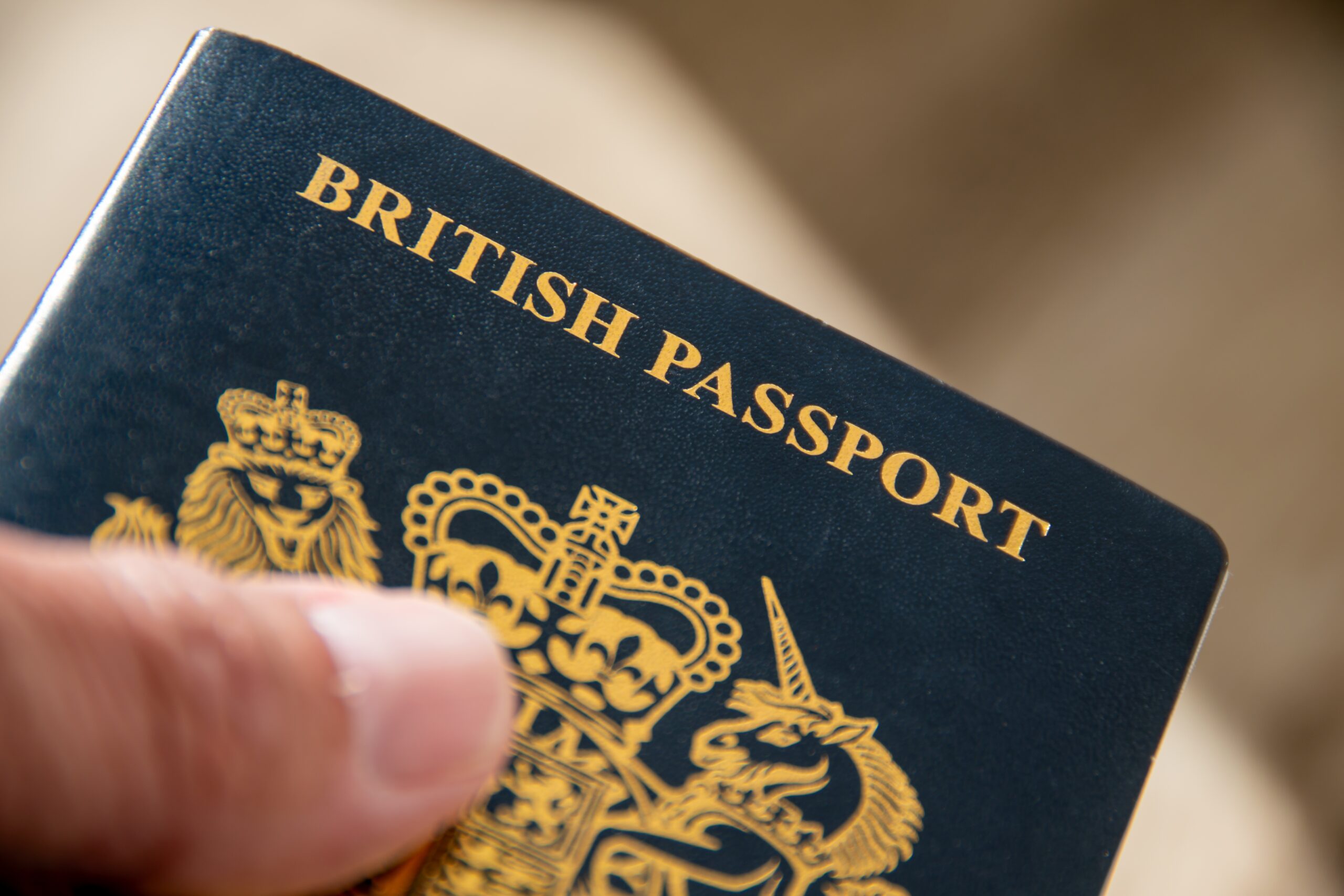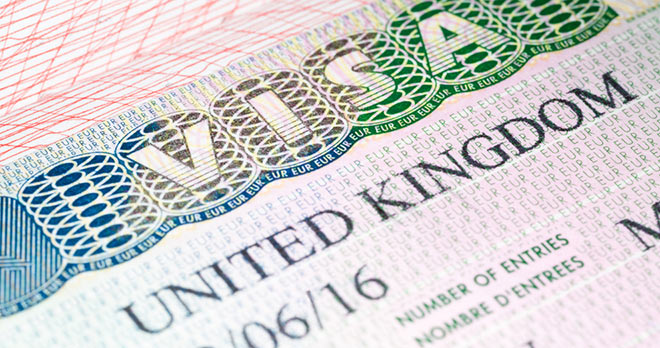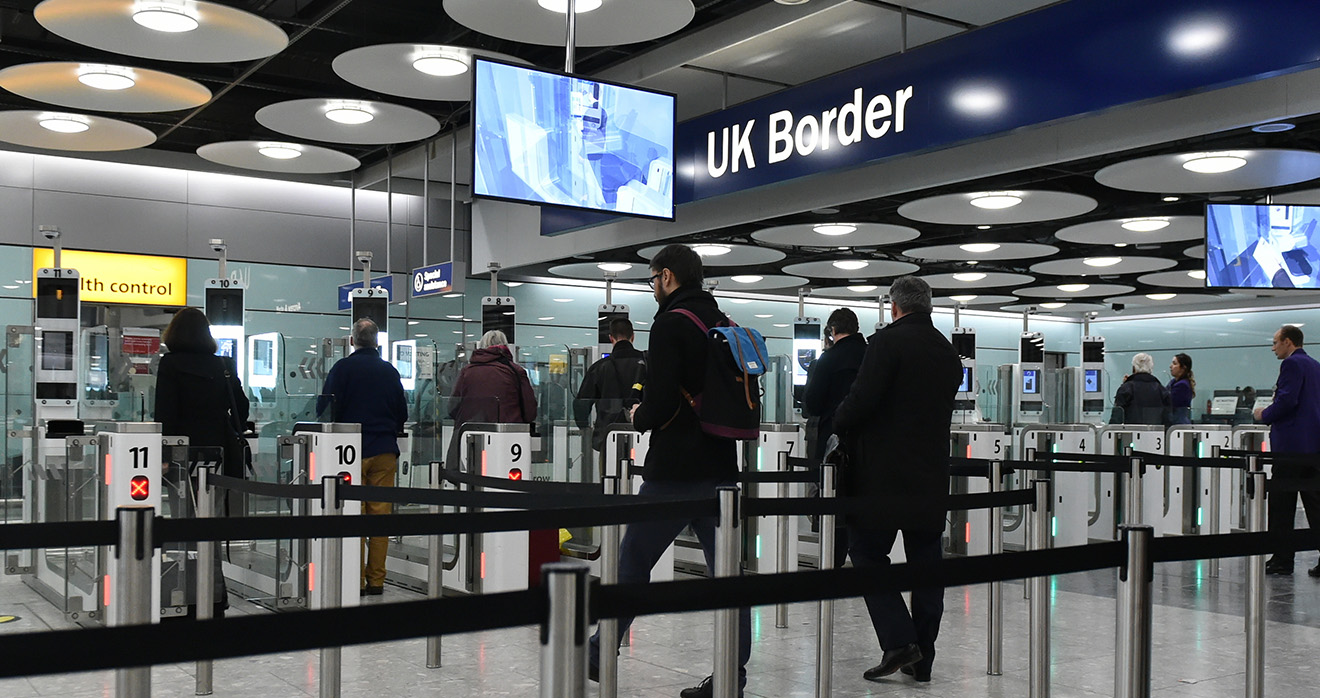Stringent changes to Indefinite Leave to Remain (ILR) set to impact Health & Social Care

Following July’s announcement of the phasing out of Health and Social Care visas over the coming years, the Home Secretary last week announced dramatic changes on the rights of foreign nationals to acquire Indefinite Leave to Remain (ILR). The number of Health and Social Care visa holders settling permanently in the UK has been identified as a key motivating factor in these reforms.
For skilled workers in general, the current pathway to ILR requires five completed years of lawful residency before an application can be made.
On 20 November, the Home Secretary informed the House of Commons that a combination of historic abuse of the system and a surge in numbers of arrivals not considered “net economic contributors” has prompted the need to make the conditions for ILR significantly more stringent. According to the proposals, the five-year qualification period does not sufficiently demonstrate that individuals have “earned” the right to settle permanently.
What are the changes for Skilled Workers in the Health & Social Care Sector?
Implicitly, the Home Office considers care workers and senior care workers to be amongst those failing to sufficiently contribute to the economic wellbeing of the country.
Explicitly, the Home Secretary detailed how so called “lower qualified workers” on health and social care visas and their dependents, will soon be subject to a new qualification period of 15 years’ lawful residency before they can apply for ILR.
Other tests that all ILR applicants will need to satisfy will include:
- the need to demonstrate a clean criminal record;
- the need to speak English to A-Level standard;
- the need to demonstrate sustained National Insurance contributions; and
- the need to be debt free.
Further consultation will consider certain cohorts of special interest such as the rights of children and victims of certain crimes. It will also consider whether state benefits should only be available to those with British Citizenship and not those with ordinary ILR.
Whilst the Home Secretary has made assurances that there are no plans to remove anyone’s existing settled status, she has also indicated that these rules will apply to everyone currently in the UK who has not yet received ILR, meaning that for all those currently on a route to settlement, these changes will effectively be retroactive. Although the government is seeking views on whether or not some transitional arrangements should be put in place, which may offer some hope that the five-year qualification period might remain in place temporarily for certain people.
What are the implications of these changes?
The implications of these changes are significant and will have an enormous impact on those in the UK expecting ILR after five years. Care providers have already had to adjust to the ending of out of country sponsorship for sector workers, now with the increase in residency qualification, a large number of existing health and social care visa holders will likely have their plans upended by these changes, leading to the very real possibility of a large number of them opting to leave the sector – or indeed the country – in the near future. Given the government’s stated desire to reduce net migration overall, this would presumably be the policy achieving its objective.
The consultation process on these changes is currently open and will conclude on 12 February with the changes coming into effect from April. Interested parties who wish to let their views known to the Home Office as part of the consultation process can do so through the consultation form here: Home Office Consultation on Earned Settlement.
Anyone who is coming towards the end of their existing qualification period is advised if possible, to apply for ILR before April 2026.
Contact our team:
Looking for advice on Employment & Immigration rules? Please contact a member of the Employment & Immigration Team:









